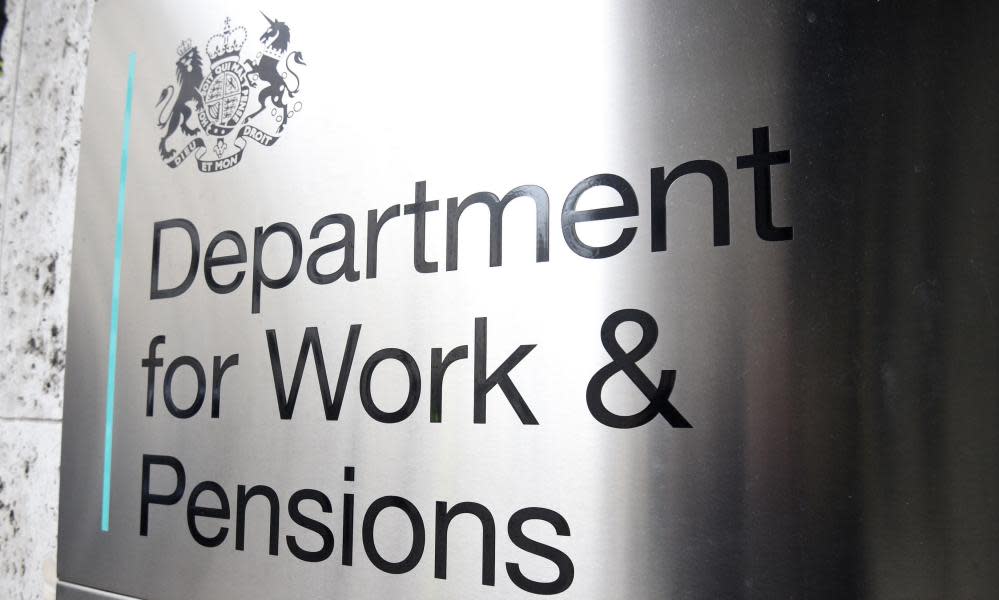Mentally ill people more at risk of losing benefits, study shows

People with mental health problems such as attention deficit hyperactivity disorder (ADHD), anxiety and low mood are at far greater risk of having their benefits stopped than those with physical ailments, research shows.
Benefits claimants who have a psychiatric condition are 2.4 times more likely than those with diabetes, back pain or epilepsy to lose their entitlement to disability living allowance.
The findings are based on government data about 327,000 people with either type of health condition who switched from receiving DLA to personal independence payments (PIP) between April 2013 and October 2016.
The findings raise fresh questions over whether people who are struggling with mental ill health are at a disadvantage when they have to negotiate the benefits system.
Ayaz Manji, the senior policy and campaigns officer at the mental health charity Mind, said: “This data is hugely concerning, but sadly not surprising as it echoes what we hear every day from the people we support, many of whom are being told they are no longer eligible for certain benefits.”
The study, which was carried out by five researchers from York University, led by Katie Pybus, found: “Overall, claimants with a psychiatric condition were 2.4 times more likely than a claimant with a non-psychiatric condition to have their existing DLA entitlement removed following a PIP eligibility assessment.”
People with serious psychiatric conditions can lose as much as £141.10 a week as a result, the study says.
People with ADHD were 3.4 times more likely than those with a physical ailment to have their benefits taken away. Those with alcohol or drug problems were twice as likely.
In addition, 32% of the 148,700 people with a psychiatric condition in the study had their DLA taken away. This was double the 16.4% of the 178,300 with diabetes or a neurological or musculoskeletal condition who experienced that outcome.
Overall, 40% of those with ADHD had their claim disallowed, as did 33% of those with anxiety and low mood, and 32% of people with behavioural disorders.
“The findings suggest that in general, the number of claims disallowed following a PIP eligibility assessment is elevated for psychiatric conditions compared to non-psychiatric conditions, with variations by type of mental illness,” said the study, which will be published next month in the British Journal of Psychiatry.
The study has been released ahead of a debate on Tuesday in the House of Commons on mental health and the benefits assessment process. It has been organised by Angela Crawley, the Scottish National party MP for Lanark and Hamilton East.
While the study says it is unclear why people with mental health problems are more likely to lose their benefits, it highlights concerns that few PIP assessors are trained in mental health. In addition, their reliance on “informal observation” of someone’s appearance and body language as a guide to their mental state may be a factor, it suggests.
Dr Jed Boardman, a spokesman for the Royal College of Psychiatrists and an expert on welfare and mental health, said: “A benefits system that discriminates against people with mental ill health should not be tolerated.
“The push for parity [of esteem] between physical and mental health in the health service must be extended to the welfare system to give people the support they need and the best chance of recovery.”

 Yahoo News
Yahoo News 
